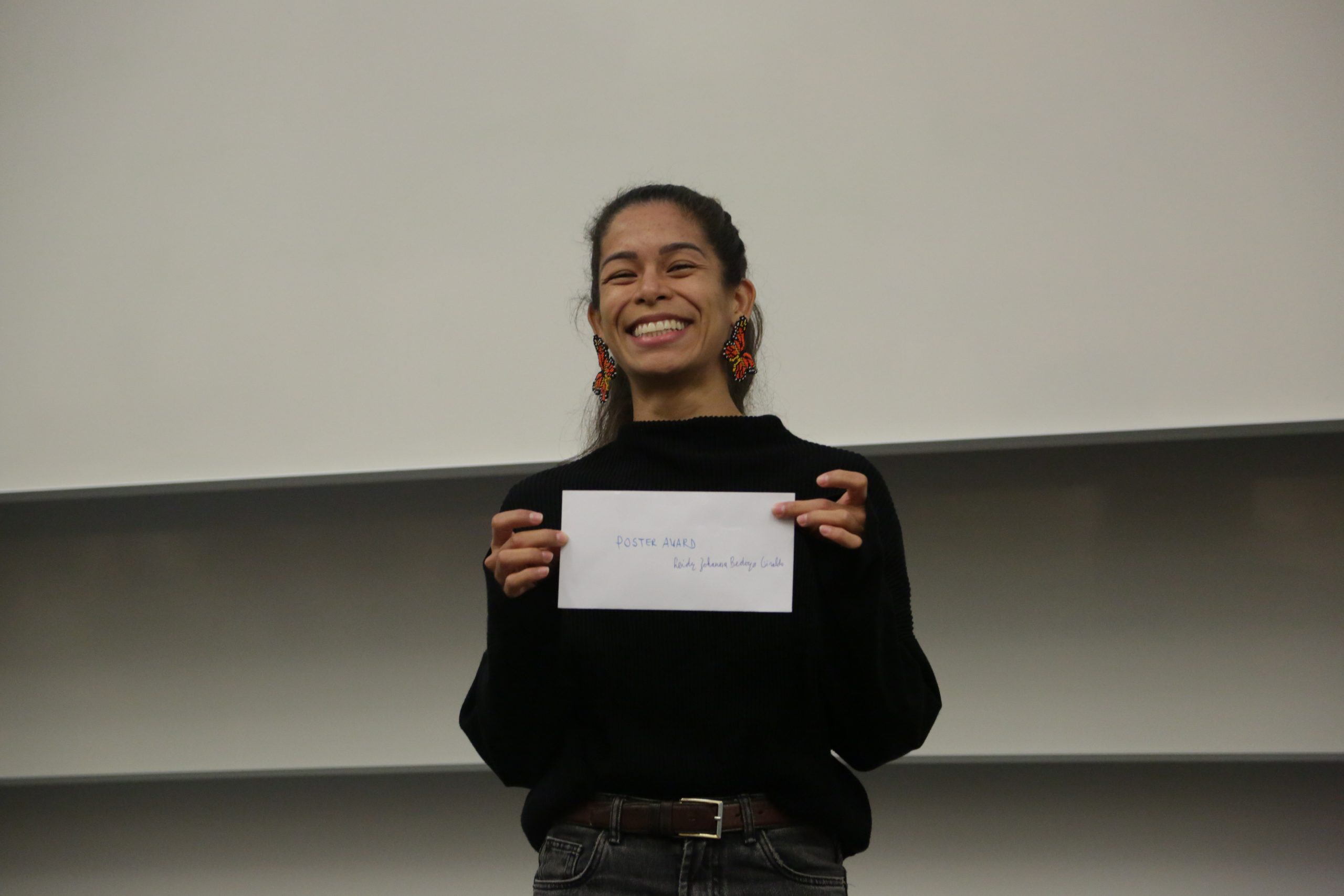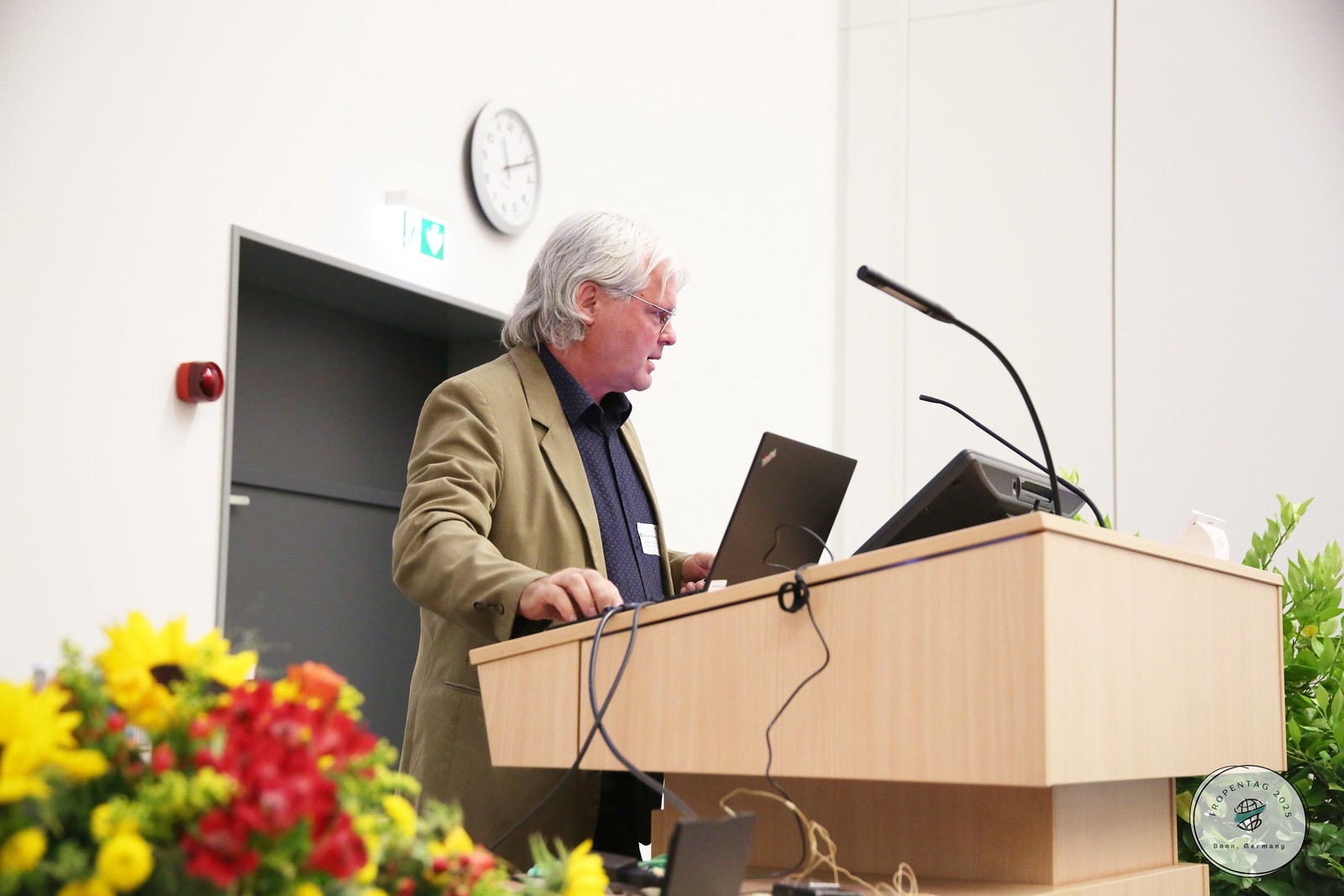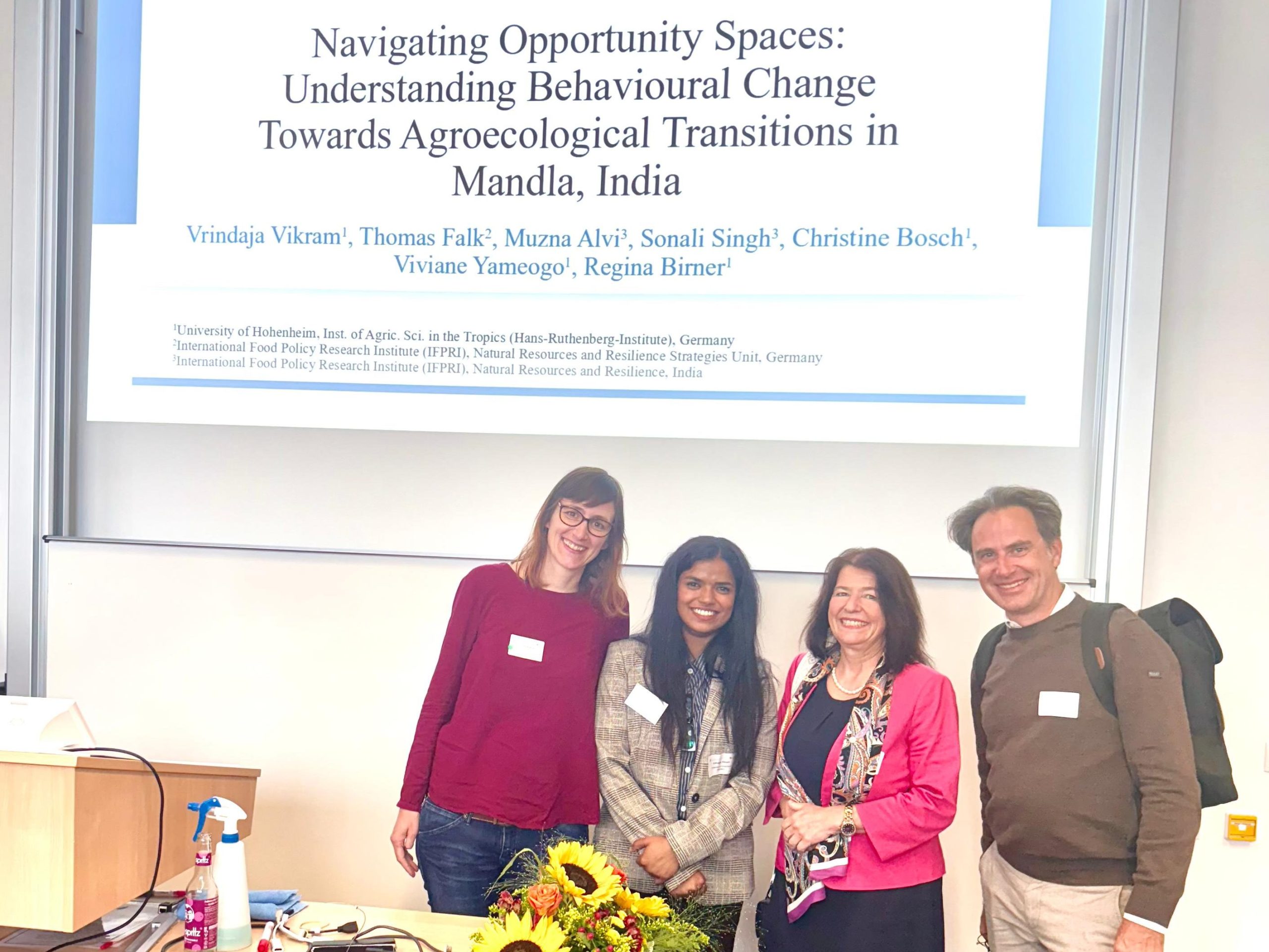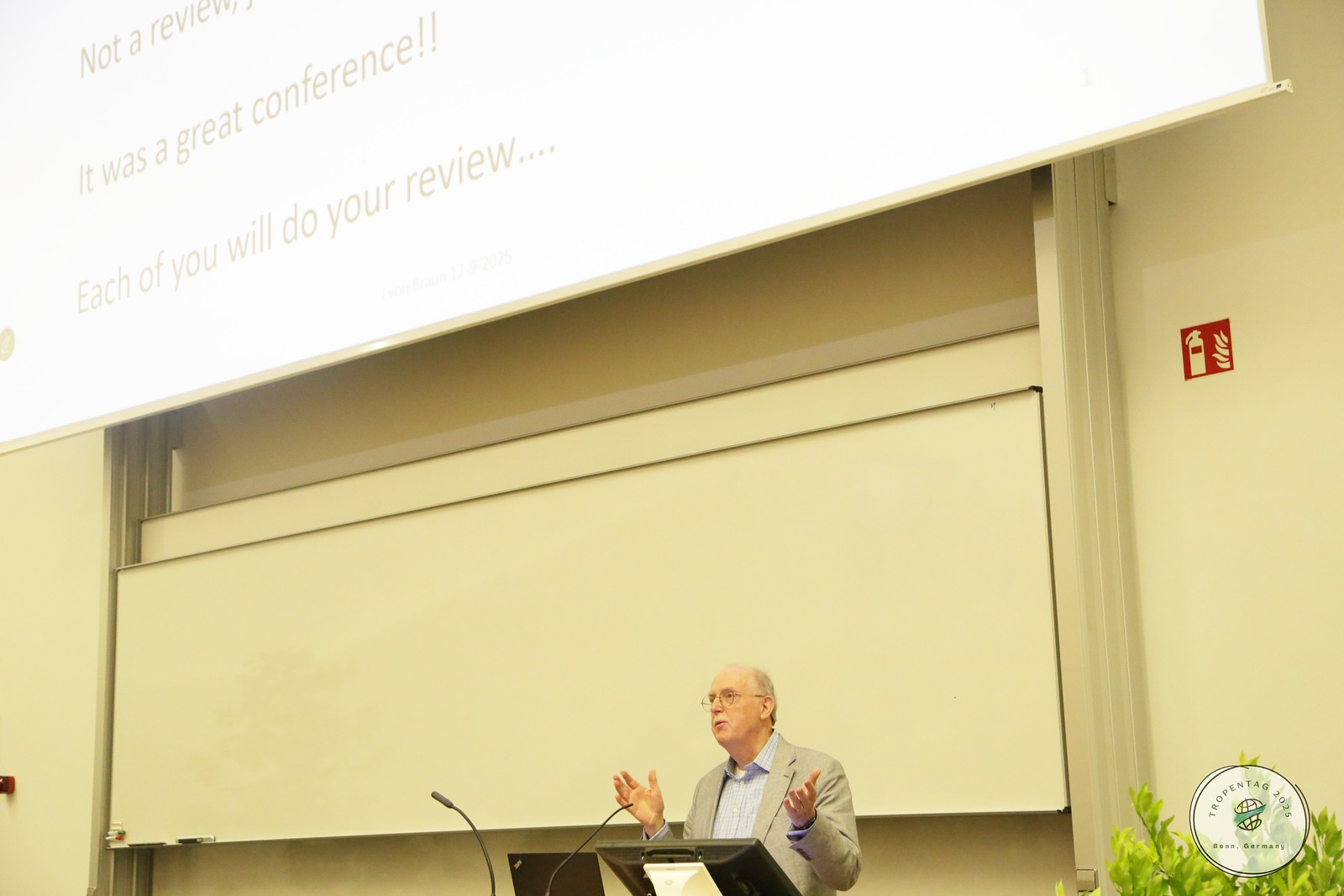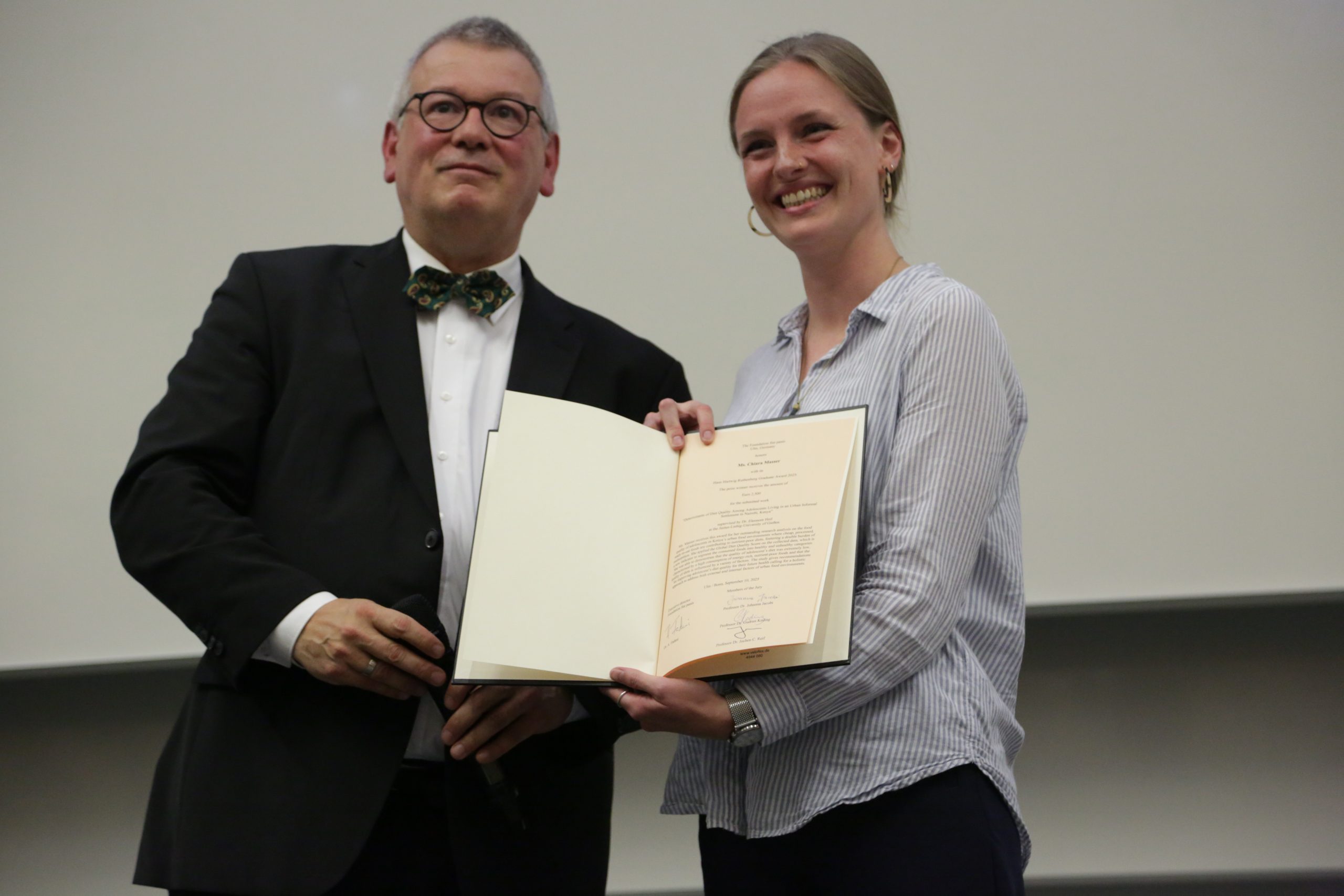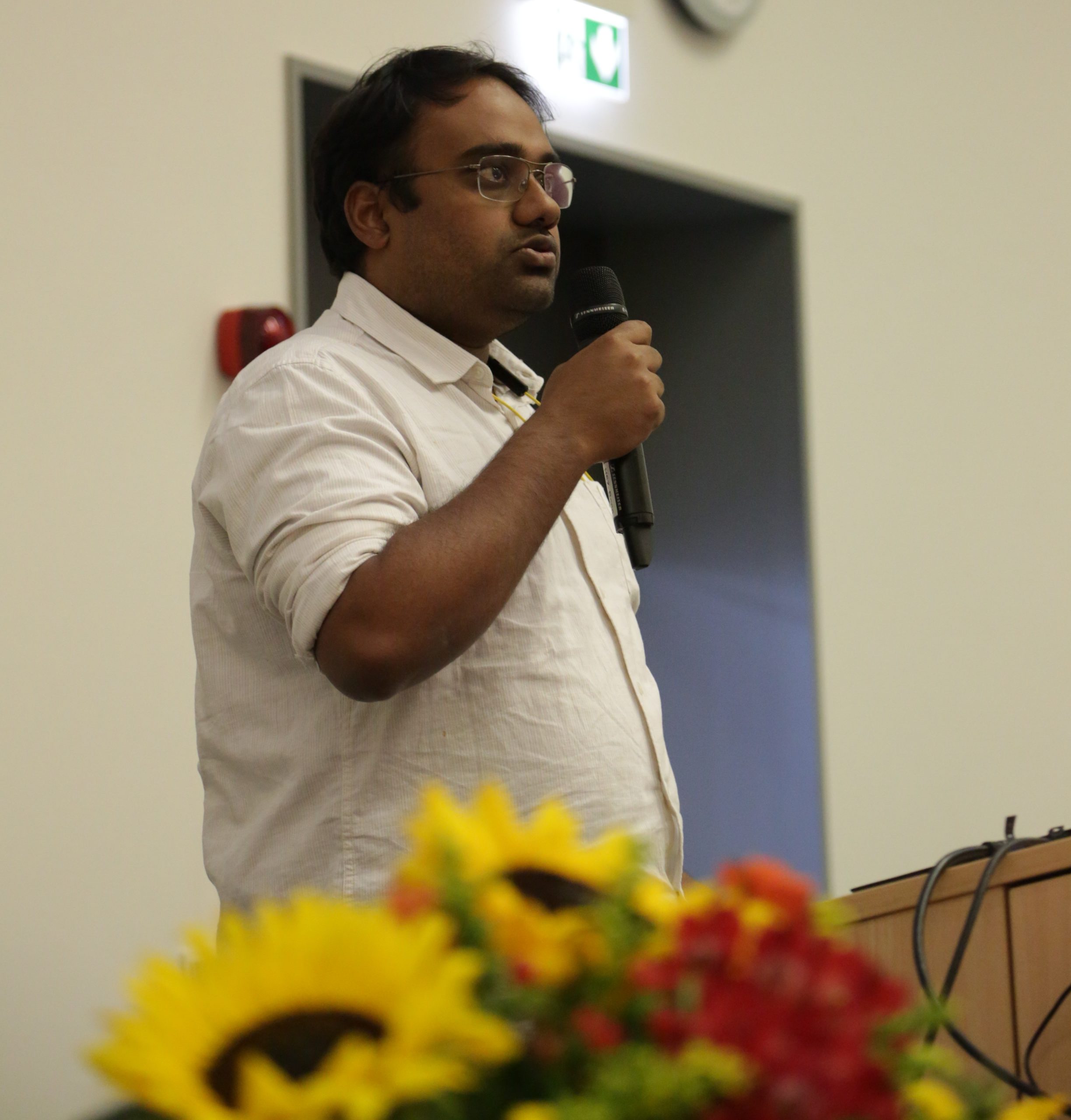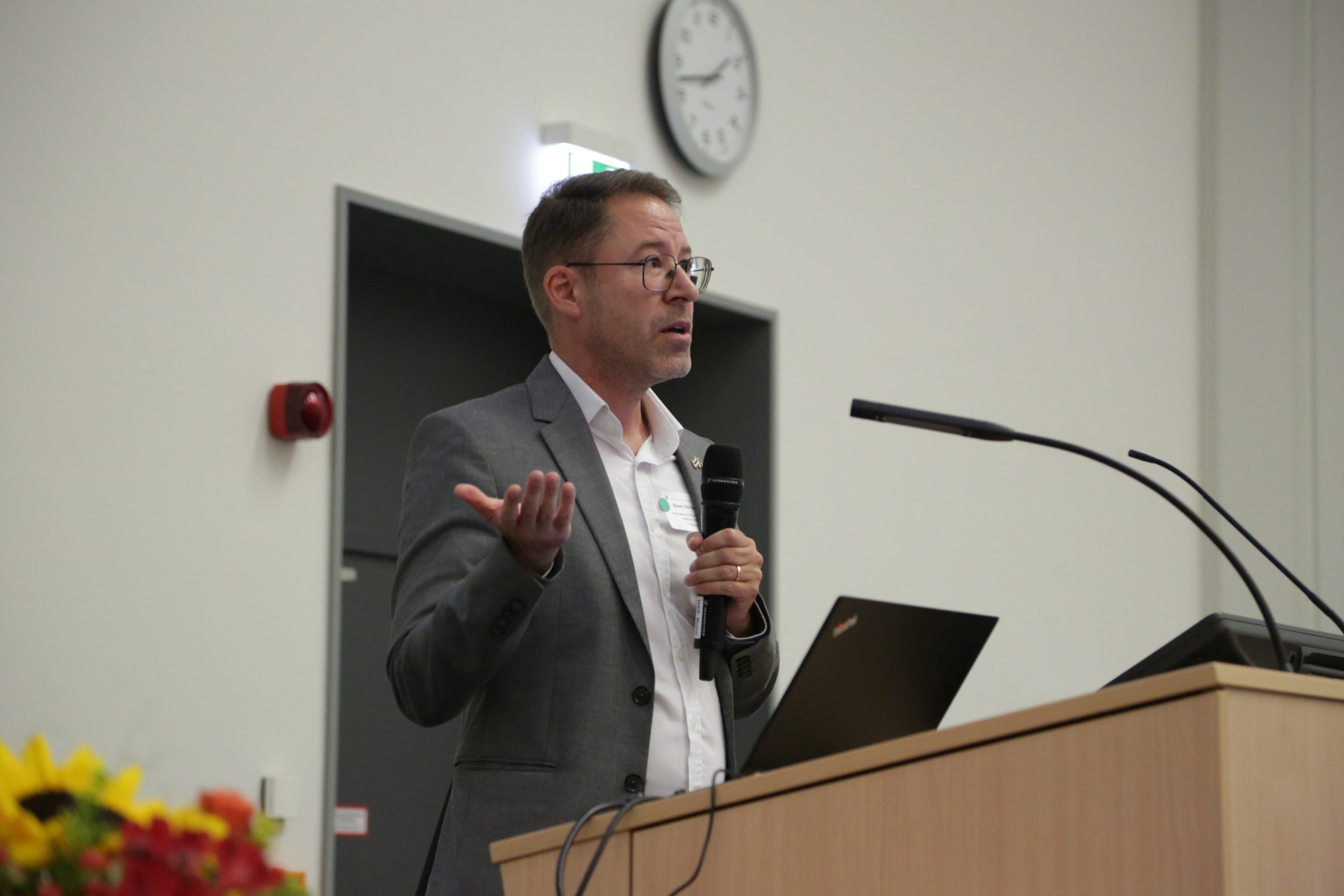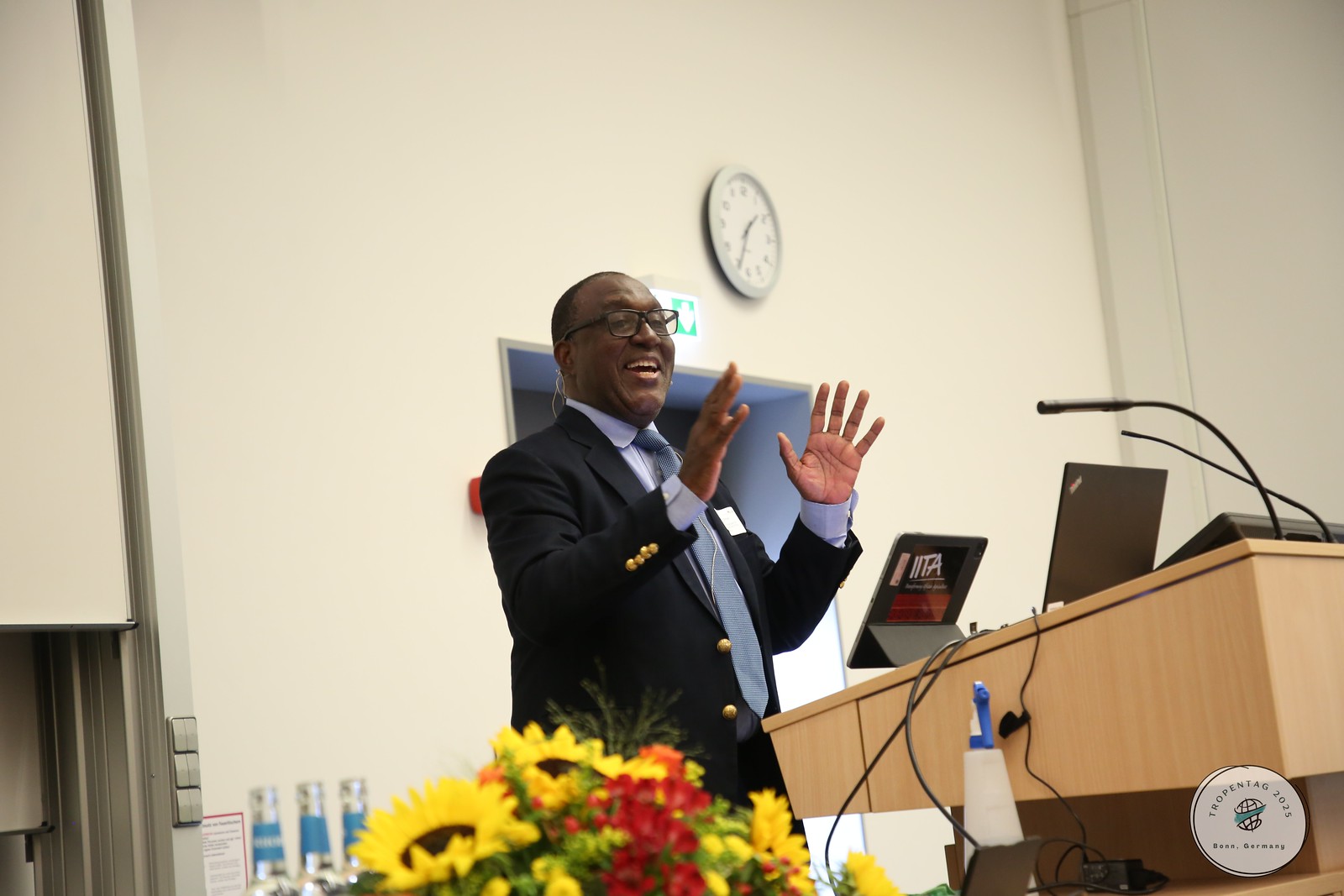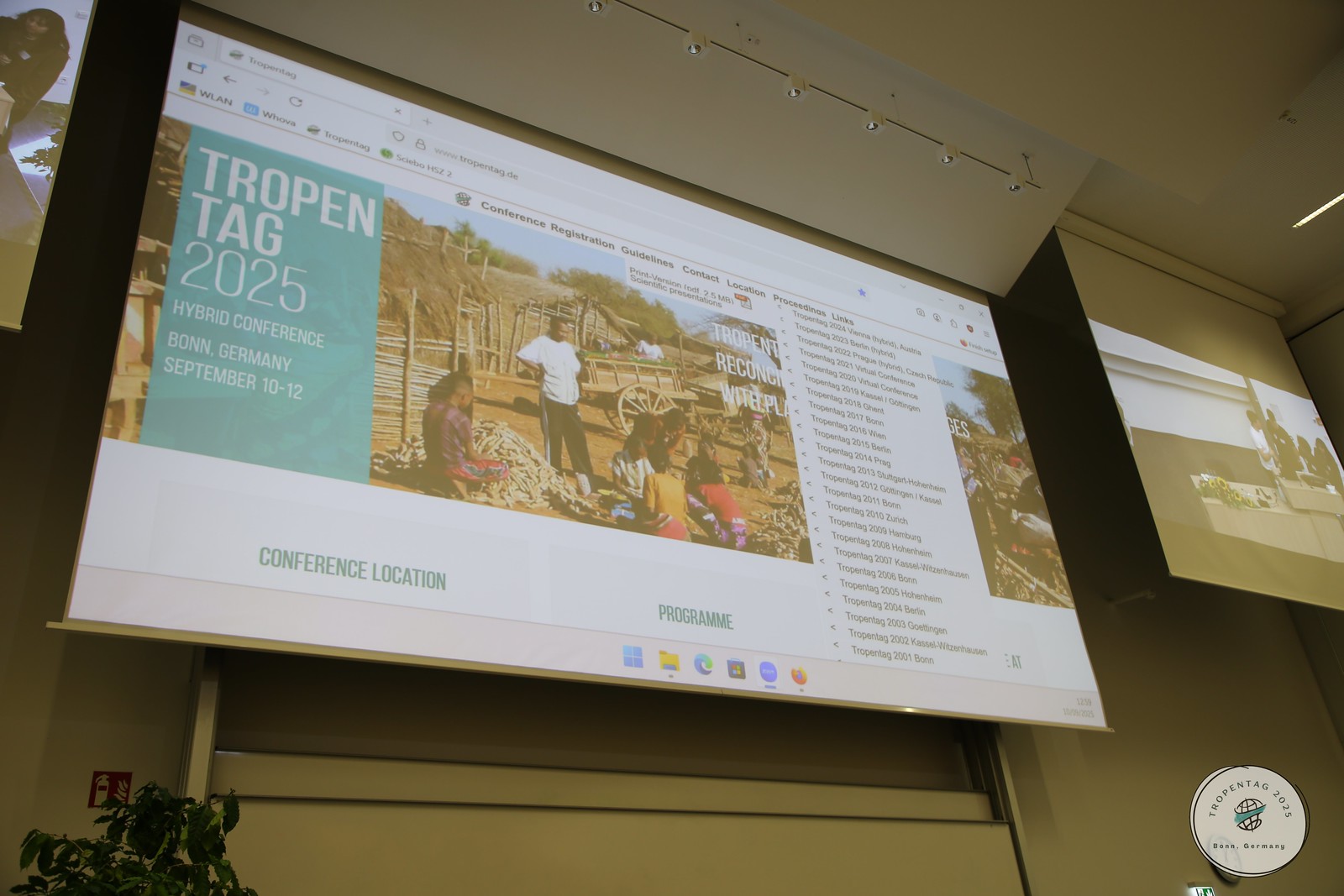How local knowledge and adaptive practices are redefining conservation and livelihoods in one of the world’s most vital ecosystems. In the vibrant bustle of Tropentag 2025, one poster quietly pulled visitors in. Its muted greens
In conference halls, paradigms compete. In the fields, farmers blend whatever works.
Imagine being a farmer who wants to do things differently—grow more diverse crops, care for the soil, reduce chemical use. You can already see the benefits. Your neighbours agree. Yet without access to credit, without
The hard questions for agriculture are inseparable from the hard questions facing society.
In Nairobi’s informal settlements, teenagers know healthy eating matters—but poverty and limited food choices keep balanced diets out of reach. At Tropentag 2025, Chiara Masser from Justus Liebig University Giessen presented striking new evidence on
Bridging Equity and Sustainability in Agricultural Water Management: Lessons from Africa and Germany
As climate change reshapes rainfall and intensifies competition for water, farmers face a dilemma: how can irrigation secure both survival and sustainability? This dilemma took center stage at the Tropentag 2025 pre-conference workshop on “Reconciling
Cleaner skies are on the horizon, but unless we prepare, they could also bring tougher times for farmers.
If rice is on half the world’s plates, its future should concern us all
Synergy for impact is necessary through the alignment of science, policy, and practice.
The health of our planet and the well-being of its people are inseparable…

